In particular, the demand for rare blood products has also increased dramatically. In 2023, the National Institute of Hematology and Blood Transfusion has received a provision of up to 668 rare blood products from medical facilities (including 414 red blood cell units and 154 platelet units). This number is much higher than in 2022 (350 rare blood units) and is unprecedentedly high compared to before.
The amount of rare blood available at the hospital only meets 30% of the demand; the rest the hospital must mobilize and invite donors of rare blood. In particular, platelet preparations only have a maximum shelf life of 5 days, so the hospital does not stock them in advance but only mobilizes them when there is a plan. In addition, platelet donation requires stricter standards regarding the donor's weight, platelet count and longer donation time (on average 70 - 90 minutes per donation, while whole blood donation only takes about 5 minutes).
Dr. Tran Ngoc Que, Director of the National Blood Center - National Institute of Hematology and Blood Transfusion, said that one of the rare blood types commonly found in our country is Rh(D) negative because it accounts for less than 0.1% of the population. In Europe, America, and Australia, the rate of Rh(D) negative blood type in the community is much higher, accounting for about 15 - 40% of the population.
Dr. Que informed: The International Blood Transfusion Society recognizes that there are up to 43 red blood cell blood group systems with 376 different blood group antigens. Based on the presence or absence of antigens with genetic characteristics on the surface of red blood cells, blood groups are classified into different types. A blood group antigen or phenotype (abbreviated as blood group) with a frequency of less than 0.1% is called a rare blood group and less than 0.01% is called a very rare blood group.
The frequency of blood types and blood type phenotypes varies greatly among races, regions, and countries. Therefore, a blood type that may be rare among Caucasians may not be rare among Asians, and vice versa.
"Therefore, people with rare blood types do not have a disease," Dr. Que affirmed, and shared that parents with Rh(D) negative blood type should test their children's blood type, especially girls, so that when pregnant, they need to pay more attention to monitoring their pregnancy health.
Source link


![[Photo] President Luong Cuong receives US Secretary of War Pete Hegseth](https://vphoto.vietnam.vn/thumb/1200x675/vietnam/resource/IMAGE/2025/11/02/1762089839868_ndo_br_1-jpg.webp)



![[Photo] Lam Dong: Images of damage after a suspected lake burst in Tuy Phong](https://vphoto.vietnam.vn/thumb/1200x675/vietnam/resource/IMAGE/2025/11/02/1762078736805_8e7f5424f473782d2162-5118-jpg.webp)





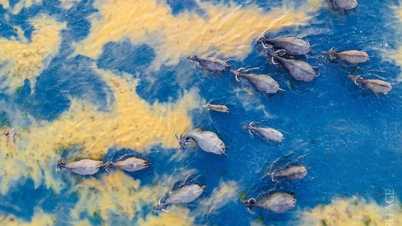

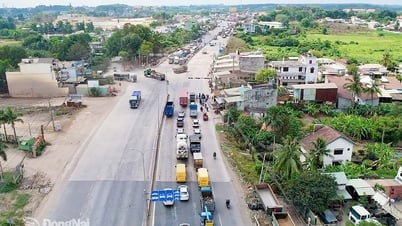

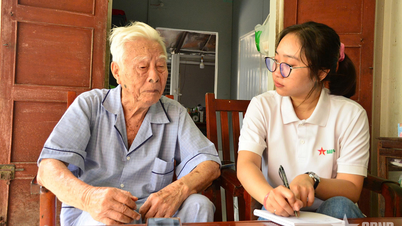













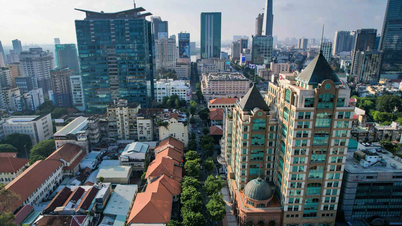


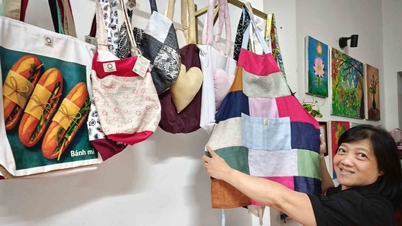



































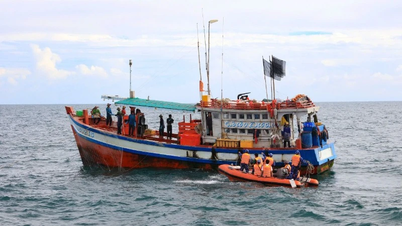


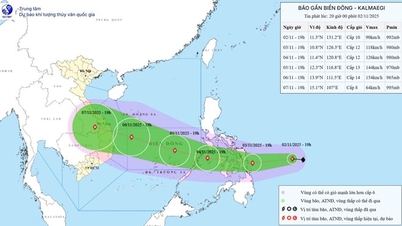





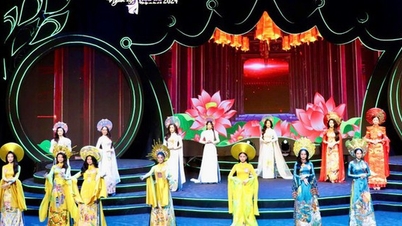





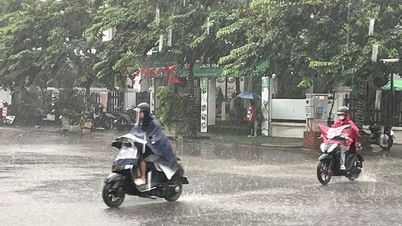
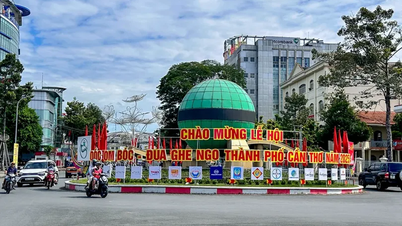





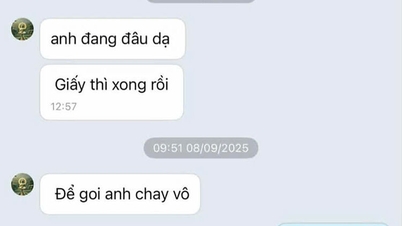
















Comment (0)